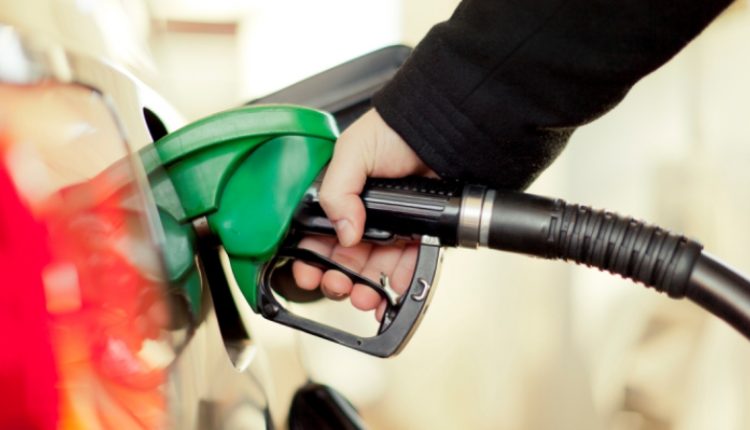ISLAMABAD/LAHORE: The extraordinary hike in fuel prices by Rs41 per litre during the last two fortnight reviews will exert significant upward pressure on inflation and take it as high as 30% to 32% in September 2023, against the 27.4% recorded last month.
The Consumer Price Index (CPI), in September 2023, is expected to rise between 3% to 5%, mainly due to two factors: an extraordinary increase in petroleum products prices and the influence of a lower base effect.
The rising global oil prices, driven by supply cuts from Russia and Saudi Arabia, as well as increased demand from China following an economic stimulus package, may contribute to a further increase in CPI-based inflation in the upcoming months if Brent Crude prices continue to mount.
In background discussions, top official sources said that the caretakers in the last month had hiked the petrol price three times to the tune of Rs58.4 per liter; on August 16 they jacked up the petrol price by Rs17.50 per liter, on September 1 by Rs14.91, and on September 16 by Rs26.02 per liter.
On account of the lower base, the official data shows that in last year September 2022, there was the lowest monthly inflation of 23.2%. The CPI Index fell by 1.15% by August 21, which is the lowest. This is mainly because of a 65.3% fall in electricity prices from August 21 to September 22.
The Pakistan Bureau of Statistics (PBS) has incorporated a flawed methodology to incorporate electricity tariffs for gauging CPI-based inflation on account of base tariff and fuel price adjustments.
When there was much hue and cry over inflated electricity bills last month, the PBS data showed that the electricity prices had reduced.
Petroleum prices possessed a weightage of almost 4.6% in the CPI-based index; however, its multiplier effect in the shape of transportation fares will hike inflation in months ahead because the transportation authorities will hike fares. So, the CPI-based data might surge in fares by next month.
Former finance ministry adviser Dr Khaqan Najeeb, when contacted by The News, said there are many factors that affect inflation in Pakistan. They include aggregate demand of goods and services outpacing supply.
The increase in prices of commodities globally has a more pronounced effect in Pakistan, which is heavily dependent on imports like petroleum products, edible oil, machinery, food, vehicles, mobiles and industrial raw materials, he said.
In Pakistan, imports account for more than 25% of GDP. An uptick in administered energy prices, including petroleum prices, and the impact of a weakening rupee and imposition of nearly Rs60 Petroleum Development Levy (PDL), have pushed inflation higher.
In Pakistan, weak productivity levels and supply-side disruptions due to floods have also had an effect in pushing inflation higher.
He explained growth in money supply is also a key determinant of long-term inflation in Pakistan. Continued high fiscal deficits near 8% over the last three years, pushing higher government borrowings, have also played a significant role in the increased inflationary trend.
Managing inflation beyond monetary tightening is a key challenge for the government to give relief to the people.
In this regard, it is important to do vigilant supply-side monitoring of key food items to bring down food inflation.


Comments are closed.